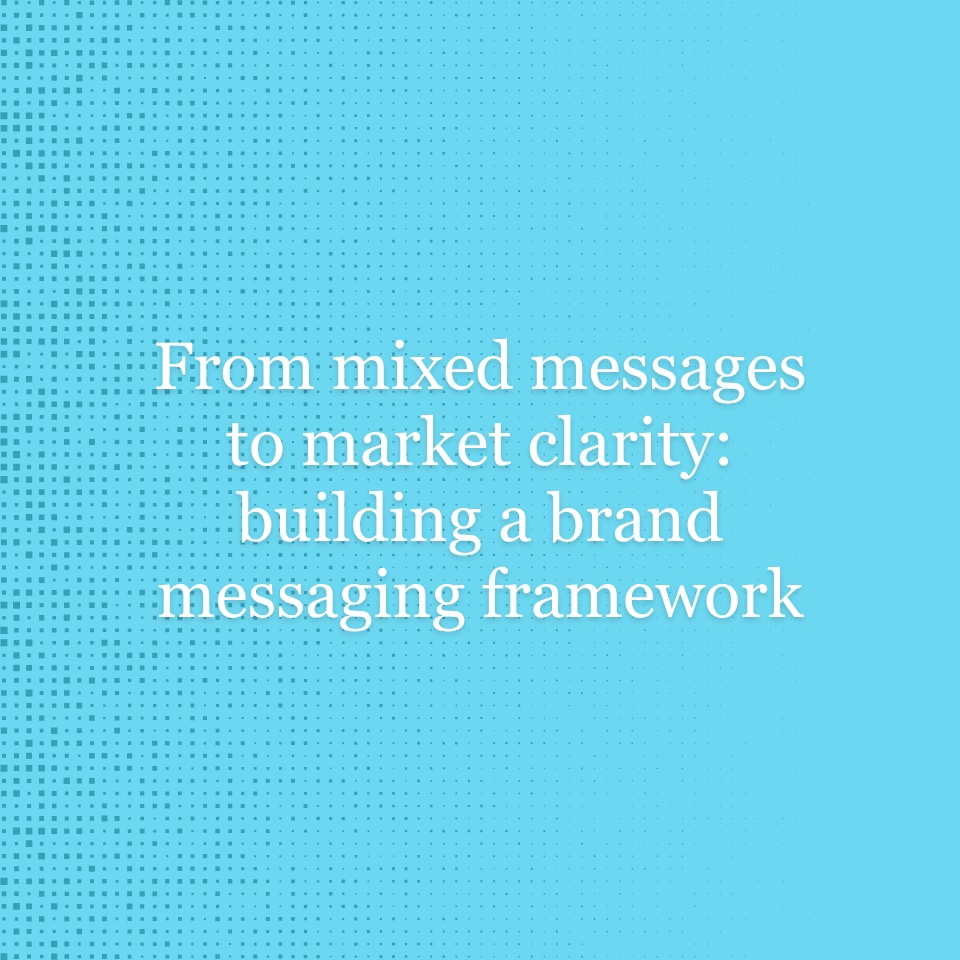Could the concept of ownership come to an end? Will we live in a world where we don’t own homes, cars, or even our clothes? While to some this is farfetched, trends are pointing to a potential new reality. One reason the shared-economy is a viable future is that it scales fast, for example, “in its first four years, Airbnb built an inventory of 600,000 rooms; Hilton took about 23 times longer - 93 years.” Harvard Business Review has reported the shared-economy is a “major growth sector” and one that “disrupts mature industries.” While the concept of ownership may not end, at Northbound we believe it is critical for traditional retailers (using the word ‘retailers’ as a term for companies solely reliant on customers purchasing and owning) to lean into innovating within the shared-economy.
The automotive industry is arguably the hardest hit by the shared-economy. Companies like Uber, Lyft, and others are changing a bedrock of American culture: car ownership. This being said, innovative car companies are leaning in to the shared-economy. BMW through ReachNow, BMW’s car sharing and ride sharing company, is using Seattle as a “testbed for how car companies can stay relevant in changing times.” BMW is expanding the value that it brings to customers and embracing the shared-economy through ReachNow. By doing this, the brand perception can stretch beyond purchasing a car, to one of performance car sharing and ride sharing. If trends of ownership continue to decline, BMW could be better situated for success with proper infrastructure, brand capital, talent, and customers than other car companies.
Companies that are driving the shared-economy should concern retailers. Anything that can be considered a typical item to be owned could now be up for interpretation. Take for instance, owning clothes. While people have rented expensive garments, Rent The Runway is trying to disrupt the notion of owning clothes and having a closet. The company now provides a subscription that allows you to rent all types of garments and avoid owning any clothes. The co-founder, Jennifer Hyman is betting that “the ‘closet’ will be a relic of the past, just like a landline or a CD.” With a 125% increase in their subscription service over the last year and $190 million in funding, the brand is a formidable force for disruption.
At Northbound, we have had the pleasure of working with many shared-economy and retailer clients. We do think it is time for retailers to question how to thrive in a shared-economy (Ann Taylor, we see you). How can retailers take a cue from BMW and stretch the meaning of their brand to embrace the shared-economy? While the shared-economy could be a passing fad, it is potentially an impregnable movement. Northbound helps brands break barriers and expand perceptions – it is our bread and butter as brand strategist. If you are looking for a partner or have thoughts on the shared-economy, we would love to hear from you. Email Win at win@northboundbrand.com to start a dialog.





